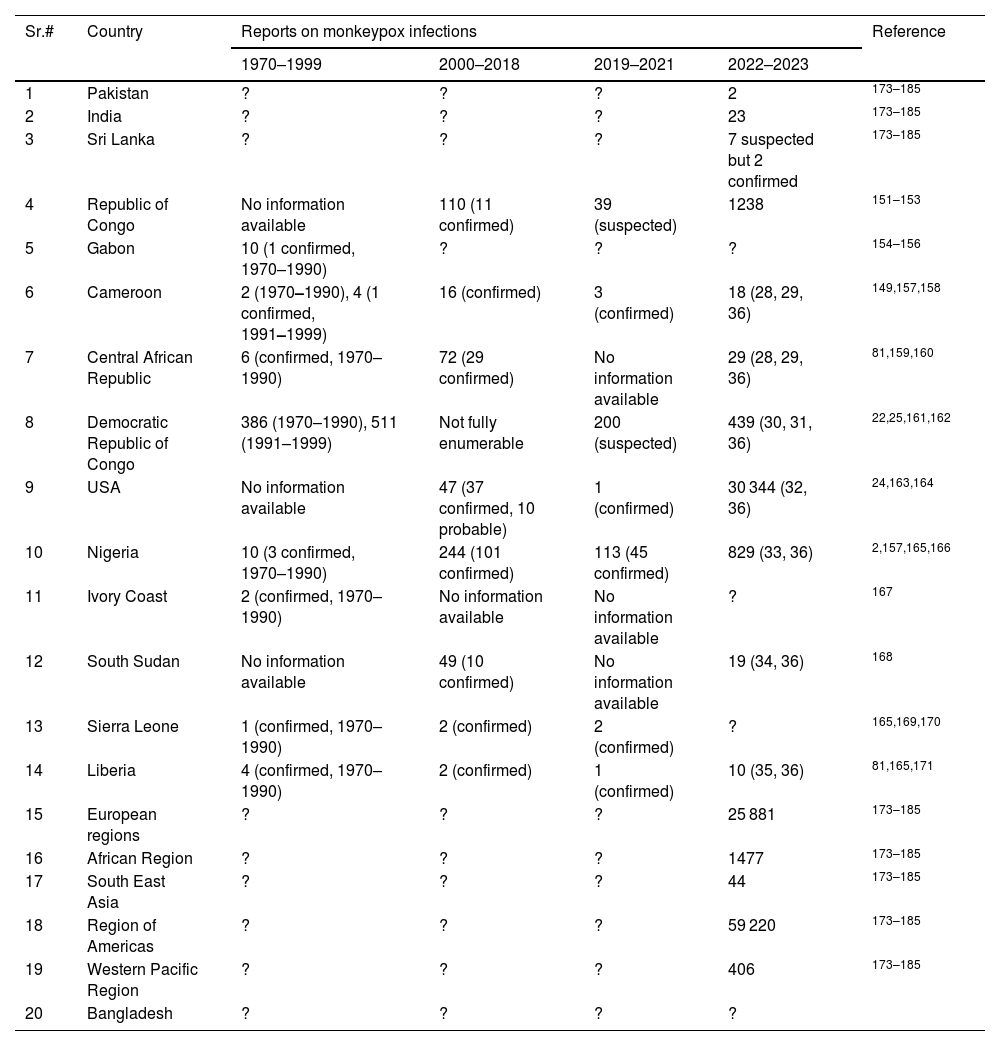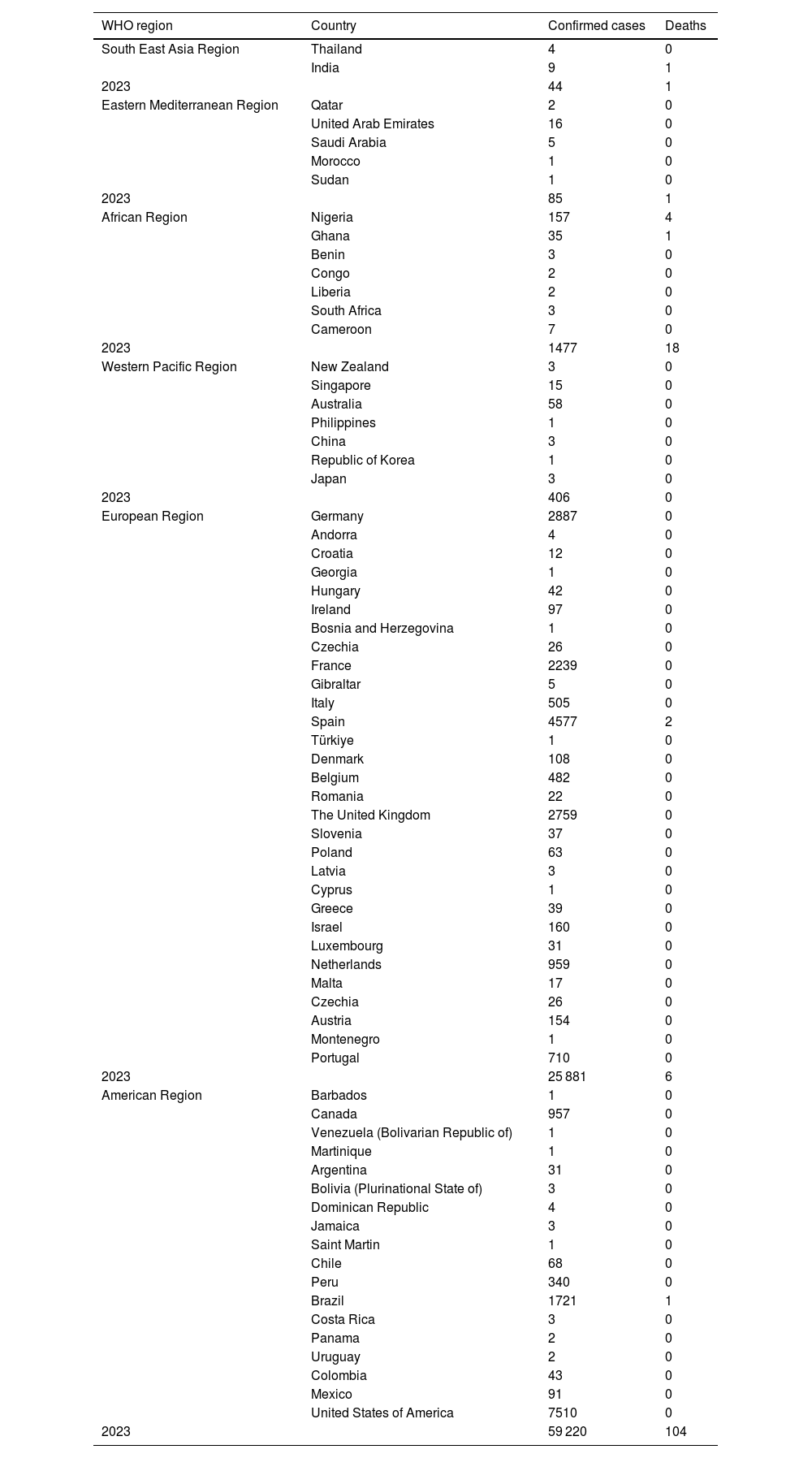This review comprehensively analyses human monkeypox caused by the monkeypox virus (MPXV), including its origins, transmission, pathogenesis, immune responses, genetic variations, evolutionary changes, and potential therapeutic strategies. The MPXV belongs to the Poxviridae family and is responsible for the zoonotic viral disease known as human monkeypox (MPX). A multi-nation monkeypox epidemic was declared by the WHO in May 2022, with over 64 290 laboratory-confirmed cases recorded worldwide in several non-endemic countries. Symptoms of MPX include fever, headache, muscular aches, lymphadenopathy, and a recognizable rash that progresses into papules, vesicles, and pustules before finally scabbing over and healing. MPXV is endemic to sub-Saharan Africa, affecting wild animals and resulting in zoonotic epidemics. Delayed vaccination, commerce in exotic animals, international travel, and increased human sensitivity have contributed to the spread of MPXV to new locations. The smallpox vaccination may provide cross-protection against MPXV due to antigenic similarities. Basic health precautions should be followed, including frequent handwashing, nose and mouth covering when coughing, and avoiding ill individuals and overcrowded areas. Safe sexual practices are also recommended in countries reporting monkeypox transmission. Although vaccines are available, but they are limited. The review highlights the need for effective preventive and therapeutic strategies to manage human monkeypox.
Esta revisión analiza exhaustivamente la viruela del simio humana causada por el virus de la viruela del simio (MPXV), incluidos sus orígenes, transmisión, patogenia, respuestas inmunitarias, variaciones genéticas, cambios evolutivos y posibles estrategias terapéuticas. El MPXV pertenece a la familia Poxviridae y es responsable de la enfermedad viral zoonótica conocida como viruela del simio humano (MPX). La OMS declaró una epidemia multinacional de viruela del simio en mayo de 2022, con más de 64 290 casos confirmados por laboratorio registrados en todo el mundo en varios países no endémicos. Los síntomas de la MPX incluyen fiebre, dolor de cabeza, dolores musculares, linfadenopatía y un sarpullido reconocible que progresa a pápulas, vesículas y pústulas antes de finalmente formar costras y sanar. El MPXV es endémico del África subsahariana, afecta a los animales salvajes y provoca epidemias zoonóticas. La vacunación tardía, el comercio de animales exóticos, los viajes internacionales y el aumento de la sensibilidad humana han contribuido a la propagación del MPXV a nuevos lugares. La vacunación contra la viruela puede proporcionar protección cruzada contra MPXV debido a similitudes antigénicas. Se deben seguir las precauciones básicas de salud, incluido lavarse las manos con frecuencia, cubrirse la nariz y la boca al toser y evitar personas enfermas y áreas superpobladas. También se recomiendan prácticas sexuales seguras en los países que informan sobre la transmisión de la viruela del simio. Aunque las vacunas están disponibles, su disponibilidad es limitada. La revisión destaca la necesidad de estrategias preventivas y terapéuticas eficaces para controlar la viruela del simio humano.











